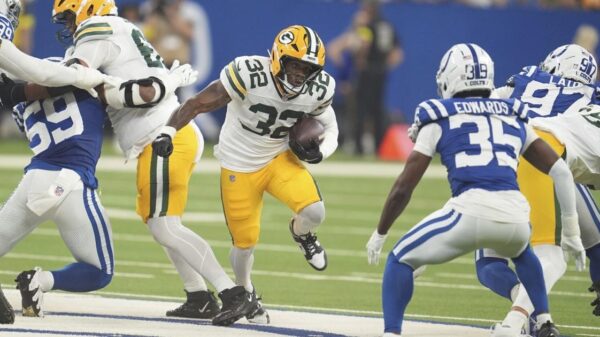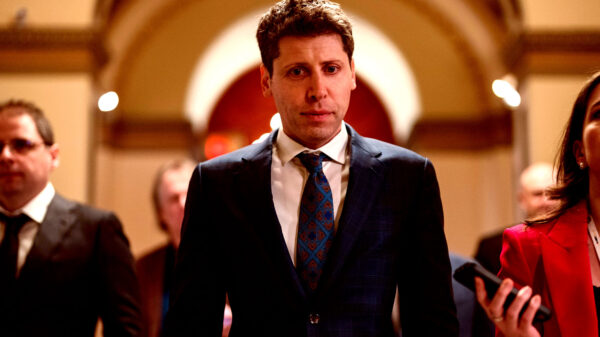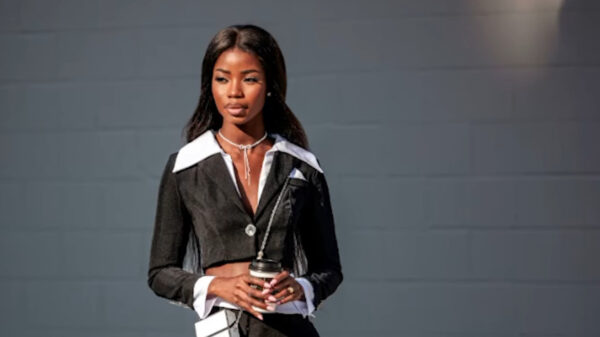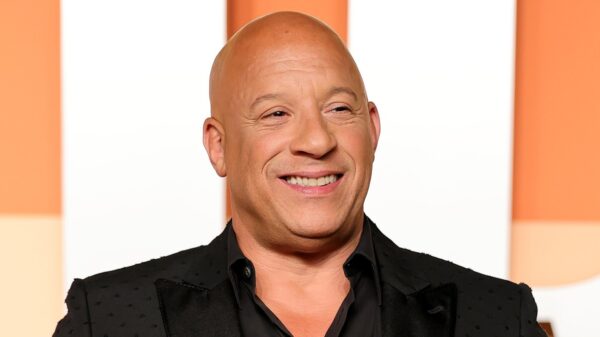Karl-Anthony Towns, the star player for the New York Knicks, is facing intense scrutiny for his on-court expressions of joy, with some critics labeling him as “zesty.” This backlash, which amplifies the cultural conversation around masculinity in sports, has raised concerns about how public figures navigate their identities and emotional expressions in a hyper-critical social media environment.
Growing up in a world where joy often faces scrutiny, Towns has become an emblem of the challenges many athletes encounter. The former No. 1 draft pick has seen expectations rise dramatically since moving from Minnesota to New York, the world’s largest media market. In this setting, every action—whether a three-point play or a celebratory gesture—becomes fodder for commentary and analysis.
The Burden of Masculinity in Sports
Towns is not alone in this experience. Many athletes, including figures such as Tyler, the Creator and Odell Beckham Jr., have faced similar derision for expressing their individuality outside conventional norms of masculinity. The term “zesty,” once a homophobic slur, now serves as shorthand for mocking those who defy traditional expectations, particularly within the Black community.
As Towns showcases his personality through gestures and tones, he inadvertently touches on societal nerves. He does not conform to the rigid archetype of a man in sports, which often demands emotional suppression. This cultural expectation can be damaging, particularly for young boys of color, who may feel pressured to abandon their authentic selves in favor of a more aggressive facade.
The online ridicule of Towns peaked during the 2025 playoffs, despite him averaging an impressive 24.7 points and a career-high 13.5 rebounds per game. His performance led the Knicks to their first Eastern Conference finals appearance in 25 years, yet the criticism continued to escalate. Memes portraying Towns as “Zesty KAT” circulated widely, with clips from his postgame interviews dissected for perceived effeminacy.
A Changing Landscape of Acceptance
While homophobia in sports has evolved since the 1990s, when the idea of an openly gay NBA player was met with outrage, the conversation remains complex. Most people today, including individuals from older generations, have some level of familiarity with LGBTQ+ identities. However, acceptance often hinges on race and culture.
During his presidency, Donald Trump illustrated how sexuality can become a tool in political arenas, promoting a version of queerness that aligns with conservative values. Yet, figures like John Amaechi and Jason Collins continue to be treated as punchlines rather than respected athletes. Towns, who is publicly straight and in a relationship with Jordyn Woods, finds himself at the center of a cultural storm that reflects deeper anxieties about masculinity and vulnerability.
Despite the backlash, Towns’ expressions of joy and individuality challenge societal norms. As he celebrates his successes, he not only asserts his right to express himself but also paves the way for others who may feel constrained by traditional expectations. Each time he embraces his rhythm on the court, he sends a powerful message: joy should not be policed, and emotional freedom is essential for all.
Ultimately, the conversations around Towns highlight the struggles many face in balancing authenticity with societal pressures. His journey serves as a reminder that to dance freely—whether in the kitchen or on the basketball court—requires courage in a world that often demands conformity.








































































